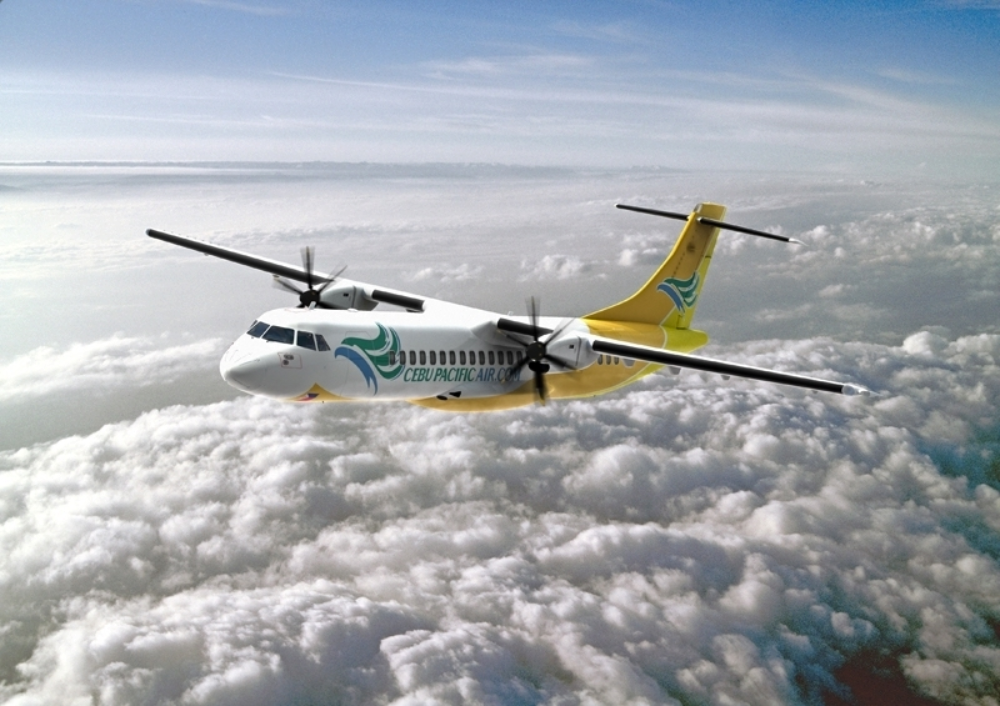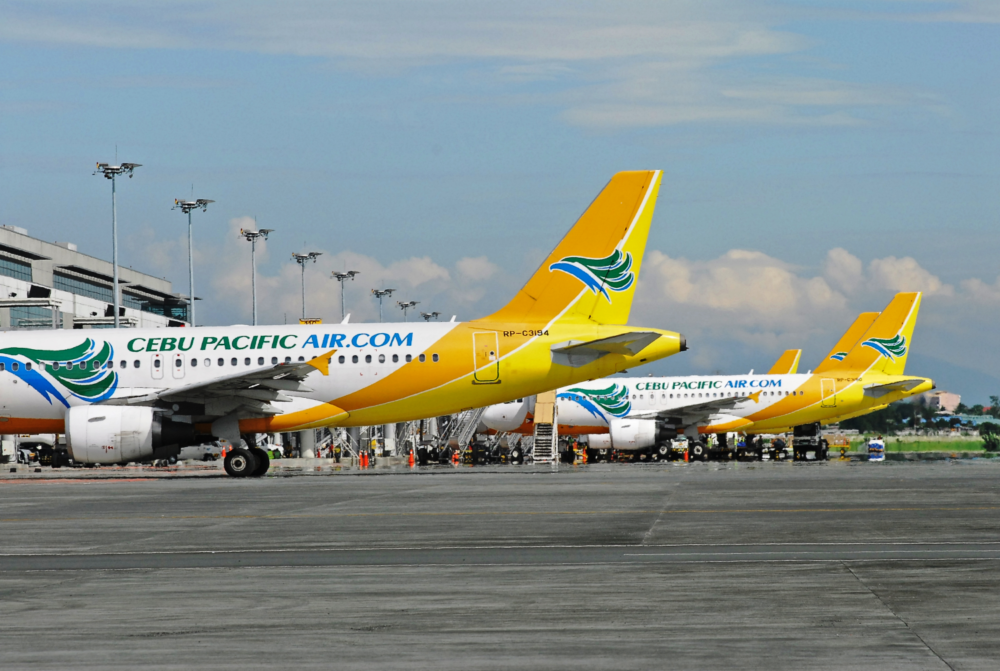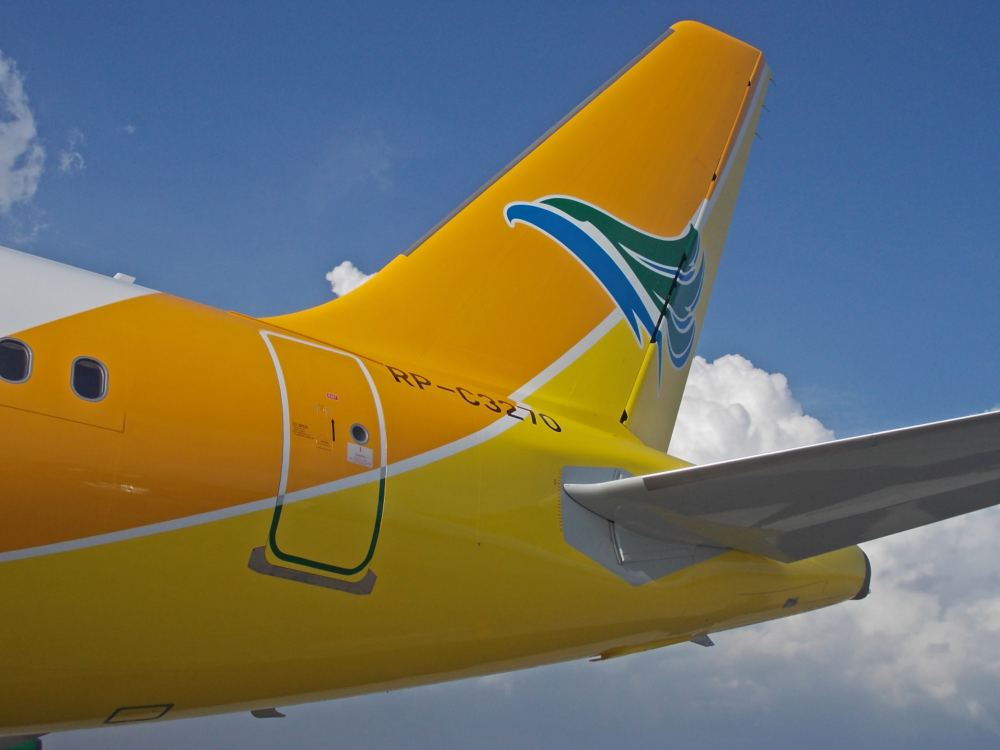Philippines-based Cebu Pacific successfully locked in a US$329 million ten-year loan facility last Friday. It's a major win for the airline after a tough 12 months. At the same time, the airline is marking 25 years of flying. Cebu Pacific says Friday's deal was a testament to the airline's underlying strength and solid financials.
Cebu Pacific navigates a choppy 2020
Cebu Pacific hasn't had an easy year. This time last year, the airline was just days away from temporarily suspending all domestic and international operations. Three months later, Cebu Pacific was tentatively back in business, beginning to operate a limited number of domestic flights. By July, the airline was eyeing some international flights again, initially resuming services to Dubai.
“We are taking a conservative and agile approach to rebuilding our international network," said a Cebu Pacific spokesperson at the time.
In the first half of 2020, Cebu Pacific posted a loss of US$187.2 million. The airline is yet to post figures from the second half of the year, but insiders predict an annual loss of around US$515 million. Job losses at the airline last year exceeded 25% of the workforce.
But by the end of 2020, some parts of the business were picking up again at Cebu Pacific. While international operations remained in deep decline, domestic operations were almost back to 2019 levels. In December, Cebu Pacific was flying to 78% of its regular domestic destinations with frequencies close to or matching December 2019 levels.
Before the travel downturn, Cebu Pacific commanded a 51% plus domestic market share. It was also the second-largest international airline flying in and out of The Philippines. Cebu Pacific had a 14.5% international market share, being bested by local rival Philippine Airlines.
Factoring in international operations, Cebu Pacific is now back flying at about 23% of its 2019 capacity levels. According to Cebu Pacific, a good balance sheet and strong liquidity got it through 2020. Friday's loan will further boost the airline's financial ballast.
Stay informed: Sign up for our daily and weekly aviation news digests!
Philippine banks display confidence in Cebu Pacific
Extending the loan to Cebu Pacific was a group of home-grown Philippine banks. The Development Bank of the Philippines teamed up with the Land Bank of the Philippines to head the syndicate. Other lenders are the United Bank Corporation, Bank of the Philippine
Islands, Metropolitan Bank and Trust Company, and the Union Bank of the Philippines.
Cebu Pacific says it is grateful for the syndicate's confidence in the airline. Land Bank President and CEO Cecilia Borromeo says her bank fully supports the recovery of the aviation industry. Bank of the Philippine Islands President and CEO Cezar Consing says;
"We understand how vital the survival of the airline is to our economy.”
Cebu Pacific will use the loan facility to fund capital expenditures and other general corporate purposes. The airline says the loan will also provide a cushion against unexpected working capital requirements that may stem from fuel price and foreign exchange rate volatility.
Meanwhile, in a slightly less lucrative deal, Cebu Pacific has also just signed a ground services agreement with Emirates subsidiary, dnata. The ground services business will look after Cebu Pacific flights landing and turning around in both Singapore and Melbourne. From Cebu Pacific's point of view, like the loan deal, this deal is another step on the road to recovery for the airline.
After 25 years of flying, what's next for Cebu Pacific? Post a comment and let us know



